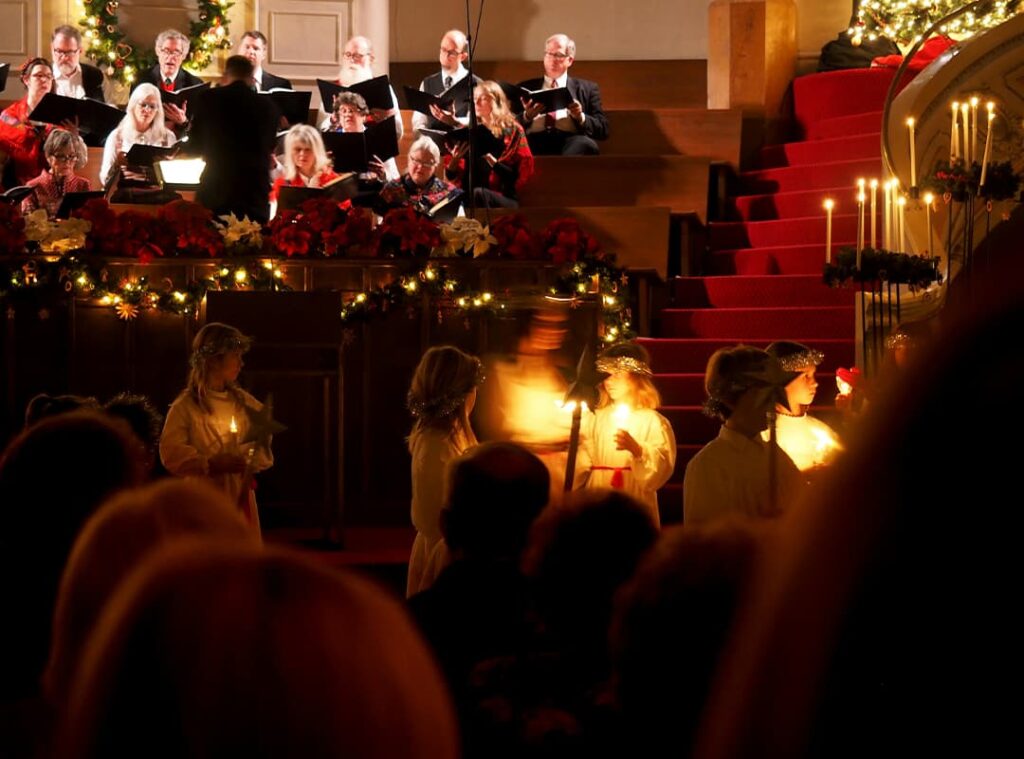In the quiet hours of the night, as many were safely tucked away in their beds, Rev. Paul Perkin and his son found themselves in the midst of chaos and fear. From 10 PM to 3 AM, the streets around them were engulfed in a wave of looting and unrest that would leave a lasting impact on their lives and faith.
Rev. Perkin, a respected figure within the Anglican Church, recounts the harrowing experience with a mix of profound concern and steadfast faith. The night of unrest was not just a challenge to his personal safety but also a test of his pastoral resolve and commitment to his community.
The Unfolding Chaos
As the clock struck 10 PM, Rev. Perkin and his son ventured out, unaware of the unfolding turmoil. The streets were suddenly alive with the clamor of breaking glass, shouts, and the unsettling sound of sirens. What was initially a seemingly distant disturbance soon drew closer, transforming into an immediate threat to their safety.
The looting was widespread, with shops and businesses being targeted indiscriminately. The scenes were unsettling: storefronts shattered, merchandise seized, and an atmosphere thick with fear and anger. Rev. Perkin and his son found themselves at the heart of this unsettling phenomenon, a stark reminder of how quickly peace can give way to disorder.
A Test of Faith and Resilience
In the midst of the chaos, Rev. Perkin’s first instinct was to protect his son and seek safety. However, as a man of faith, he also felt a profound sense of duty. His role as a shepherd to his community extended beyond the church walls, and he felt called to bear witness to the events unfolding before him.
Despite the fear, Rev. Perkin’s faith remained a guiding light. He and his son took refuge in a safe location, where they observed the destruction from a distance. It was a moment of intense reflection for Rev. Perkin, who found himself grappling with questions of justice, community, and the role of the church in times of crisis.
Reflections on Community and Healing
The experience left an indelible mark on Rev. Perkin’s view of his ministry and community. The violence and destruction he witnessed were stark reminders of the deep-seated issues that can erupt into chaos. Yet, amid the turmoil, there was also a profound opportunity for reflection and growth.
Rev. Perkin’s reflections on the night of looting emphasize the need for a compassionate and resilient response from the church. He believes that the church’s role is not only to provide spiritual guidance but also to actively engage in healing and reconciliation within the community. The church, he asserts, must be a beacon of hope and a catalyst for positive change, addressing the underlying issues that lead to such unrest.
Moving Forward
As the sun rose and the chaos subsided, Rev. Perkin and his son emerged from their ordeal with a renewed sense of purpose. The experience reinforced their commitment to their faith and their community. It was a stark reminder of the fragility of peace and the importance of steadfastness and compassion in the face of adversity.
In the aftermath of that harrowing night, Rev. Perkin has been vocal about the need for understanding and action. He advocates for community dialogue, support for those affected by violence, and a concerted effort to address the root causes of unrest. His experience has strengthened his resolve to lead with empathy and resilience, ensuring that the church remains a source of hope and support for all who are suffering.
Rev. Paul Perkin’s account of the looting is more than just a personal story; it is a call to action for the church and the broader community. In the face of such challenges, it is crucial to remember the values of faith, compassion, and solidarity that guide us through the darkest times.
